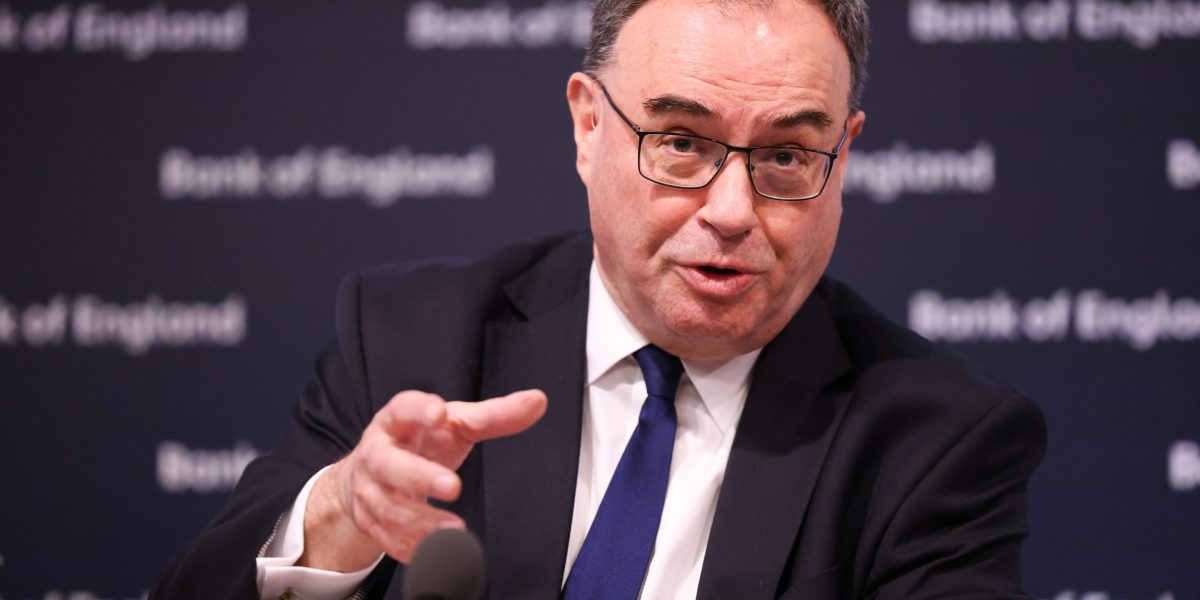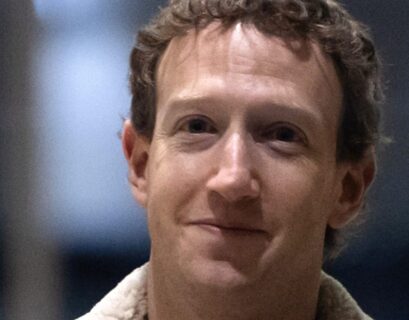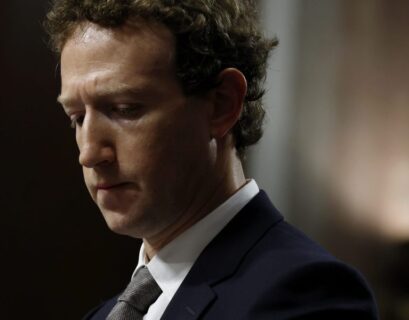It’s hard to escape the doomsday predictions about AI as it continues to stretch unabated into every industry. One central banking chief, though, is using his penchant for economic history to cut a comparatively optimistic figure on the state of the jobs market in a post-AI world.
In an interview with the BBC, Bank of England (BOE) governor Andrew Bailey said he didn’t think AI would be a destroyer of jobs in the ways predicted by the likes of Elon Musk.
“I’m an economic historian, before I became a central banker,” Bailey said.
“Economies adapt, jobs adapt, and we learn to work with it. And I think you get a better result by people with machines than with machines on their own. So I’m an optimist.”
Historians are optimistic
The BOE’s Bailey graduated from Cambridge University with a degree in history, before going on to pick up a PhD in economic history from the college.
While Bailey wasn’t spending his Cambridge days interrogating the impact of technology on labor—his PhD looked at the impact of the Napoleonic wars on Lanchashire’s cotton industry—the current debate around AI will surely be familiar to him and his counterparts.
Economic historians have observed industrial revolutions, factory automation and globalization, all of which were expected to reduce the requirement for workers in different ways.
Instead, new jobs have consistently been created as the car replaced the horse and carriage and computers left behind slow administrative work.
The economy has seen immense transformation over that 200-year period, providing widespread living standard improvements unimaginable to our ancestors.
In this light, it’s understandable why economic history wonks might be more optimistic than most about the latest productivity-enhancing, mass-market technology.
Different this time?
But for many analysts, workers, and bosses, this time feels different, and the jury is still out on just how AI will impact the labor market.
The economic historians of tomorrow will clearly look at this period as ample ground for the labor market. Based on interest and take-up of the technology so far, they’ll have a massive evidence base for their research.
Bailey told the BBC nearly a third of U.K. companies surveyed by the BOE had made significant investments in AI in the last year.
Bailey’s counterparts in the EU, the European Central Bank (ECB), ran a study in November that backed up the BOE chief’s sentiments, though with a more pessimistic twist.
The ECB predicted AI would create jobs, while suggesting opinions to the contrary “may be greatly exaggerated.”
However, the central bank’s research “suggests neutral to slightly negative impacts” on workers’ earnings, implying AI will come for your paycheck if not your job.
The jobs that AI might create are so far unclear. However, while tech jobs will likely soar to develop the technology, there may still be room for liberal arts majors, those most anxious about their future job prospects.
Speaking to Fortune in December, Matt Candy, global managing partner in IBM Consulting, said people who are able to teach AI to speak like a human will be in demand in tomorrow’s labor market.
But for now, the technology appears too expensive to replace humans, according to research from MIT.
“‘Machines will steal our jobs’ is a sentiment frequently expressed during times of rapid technological change. Such anxiety has re-emerged with the creation of large language models,” researchers from MIT’s Computer Science and Artificial Intelligence Laboratory wrote.
“We find that only 23% of worker compensation ‘exposed’ to AI computer vision would be cost-effective for firms to automate because of the large upfront costs of AI systems.”










